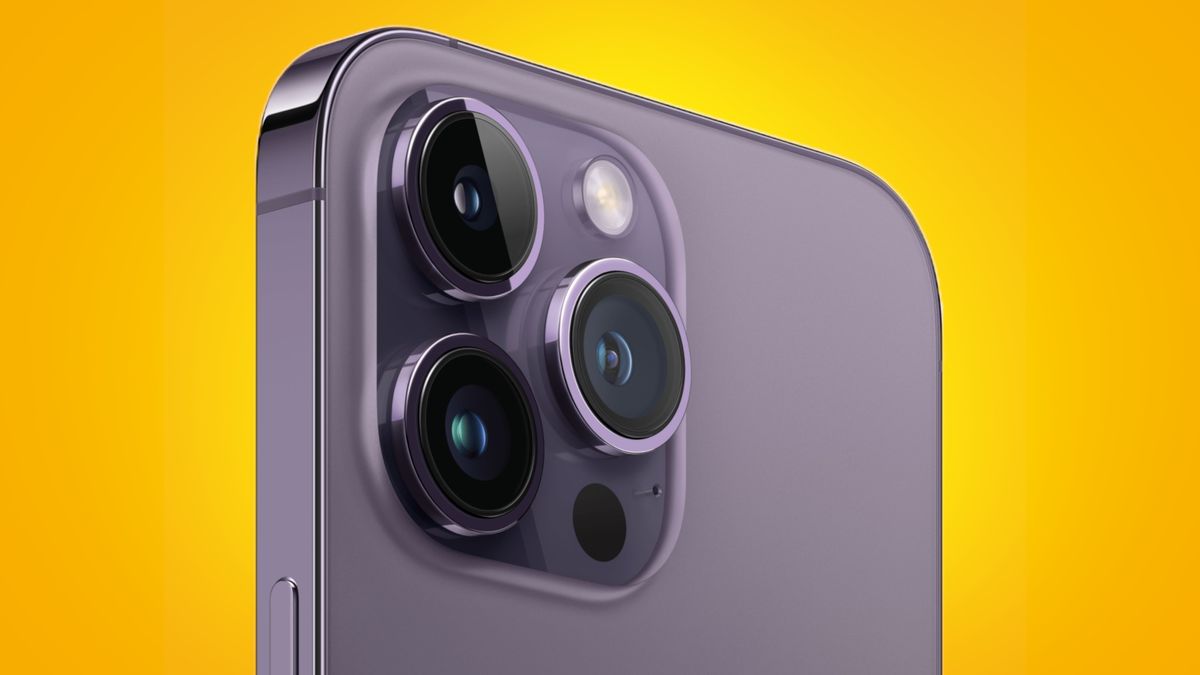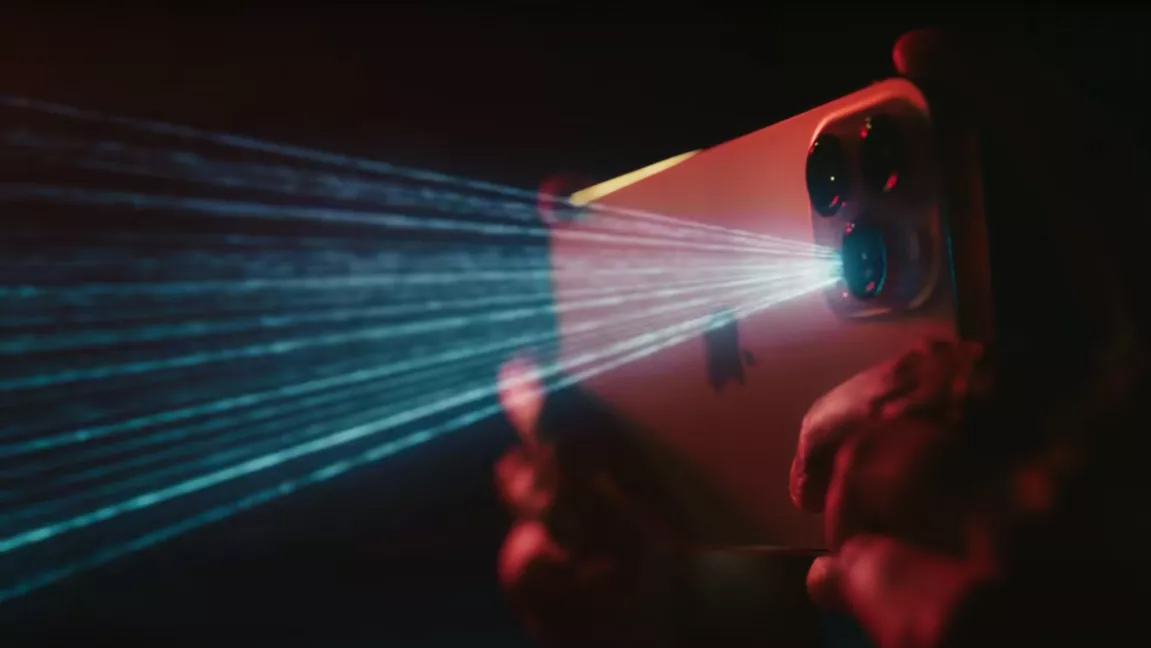
The upcoming iPhone Ultra model could have a key Apple Vision Pro feature – the ability to take “spatial photos and videos”, using the phone’s camera.
At least, that’s what the latest rumors are suggesting. According to a recent report from MacRumors, the spatial photo support could allow people to “record immersive 3D content” using the smartphone’s “outward-facing cameras”. The content could then, in theory, be uploaded and viewed on the Vision Pro.
Judging from the rumors, which came from an unnamed Weibo account with an apparently good track record for iPhone predictions, it doesn’t appear that the iPhone Ultra itself (or whatever the future device is called) will let you view the spatial photos. Instead, you’d need to have the headset to enjoy the ‘immersive’ content on a big floating, VR screen.
Notably, the rumor is bold enough to say this update will “lead the market to rethink what kind of photos and videos a mobile phone should take.” But it might be a while before we get to find out if that’s the case – according to Bloomberg’s Mark Gurman, the rumored iPhone Ultra (which has been tipped to sit above its Pro models) won’t be arriving until 2024 at the earliest.
What are spatial cameras?
We first learned about spatial photos and videos back at WWDC 2023 during the Vision Pro’s reveal. The idea behind this tech is to let people relive important life moments; to make it feel like you’re there again.
For example, as Apple showed in its Vision Pro demos, you could relive your daughter’s birthday party or your kids playing in the backyard. The tech giant said that spatial recording is such a core aspect to the Vision Pro experience “that the device [even] has a dedicated mechanical button on the top to activate it.”
The main issue with recording video on a VR headset is the fact that you’re recording video on a VR headset. The hardware isn’t exactly inconspicuous. Plus, there’s the off-chance it could get irreparably damaged taking it outside.
But put the same tech on an iPhone, or an iPad, and you won’t have that issue. Now you’ll be able to subtly record the high-end content on a smartphone without having to take photos on a VR headset, or worrying about your $3,499 hardware getting damaged.
Analysis: Remaining skeptical

As interesting as this rumor may be, we’re going to remain skeptical for several reasons.
For one: the source is dubious, in our opinion. MacRumors says it got the scoop from a supposedly reputable Weibo account. Apparently, this Weibo user has a “proven track record for disclosing information about Apple’s plans.” However, the site doesn’t link to the original post, which we found strange.
Also, the jury is still out whether or not there’s enough room on an iPhone for a spatial camera setup. As the developers of 3D scanning apps told us back in June, you’d likely need an extra camera that’s far enough away from the main cameras (around the distance between our eyes) to get the necessary depth.
The developers behind the popular iPhone photography app Halide also recently stated that smartphones will need “a significant improvement in terms of processing power and sensor fidelity and quality” to shoot proper spatial captures. This all means that these next-gen camera setups are arguably more likely to arrive first on an iPad first.
Lastly, the iPhone Ultra is a rumor itself. The phone could potentially come out next year as the high-end option for the iPhone 16 line. But the problem is that there’s no official confirmation that this model is even in the works.
So while spatial photos and videos are certainly a fascinating concept, it remains to be seen if the tech is even possible on a smartphone. For now, we recommend taking all this info with a large grain of salt.














